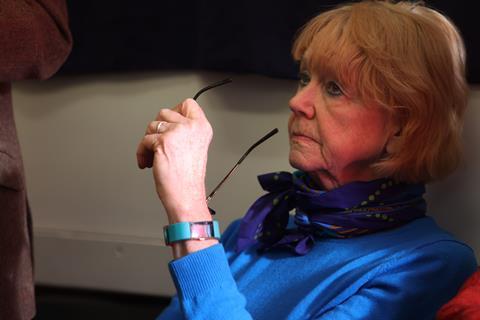The Criminal Cases Review Commission is concerned about declining legal representation for applicants, its annual report has revealed. In the year to April 2025, only 7.8% of review applicants had assistance from a solicitor, barrister or legal executive, down from a historical norm of 30%, the miscarriages of justice investigator said.
The annual report says that applications supported by good-quality legal representation have several advantages. 'The process is faster when an application is well presented. The submissions are often better organised, more focused and candid. Legally aided applicants also have the benefit of a representative who can liaise with the CCRC, help to explain a decision to an applicant and, where appropriate, challenge outcomes.’
It added that the number of ineligible applications remains 'too high’ and the declining numbers of applicants not having the benefit of legal representation ‘are a concern’.
‘This year we have been particularly concerned about the lack of legal representation for applicants whose cases we refer to the Crown court,’ the report states. ‘We are in discussion with the Public Defender Service to try to fill this gap.’

In the year to 31 March 2025, the organisation received 1,541 applications, a 5.4% decrease on the previous year. It made 31 referrals, 24% up on 2024. Of the 31 referred cases, 27 were heard, with 18 allowed, nine dismissed and three abandoned.
‘It is the fourth highest application rate since we started work in 1997 and the second highest in the last 10 years,’ the report states.
CCRC chair Dame Vera Baird said in her foreword, written on her eighth day in the role: ‘The CCRC exists because the criminal justice system is not infallible. It is highly unlikely that the commission will ever become infallible either, but we must assess every aspect of its functioning to get it as close to that standard as possible. The unjustly convicted, the wrongly sentenced, and the public deserve no less from us.’
Karen Kneller, who resigned as chief executive earlier this month, also gave an introduction in the report in which she described the last year as a ‘very difficult and challenging year’ for the CCRC.
Referring to the House of Commons justice select committee’s report, which declared it was no longer tenable for barrister Kneller to continue in her role, she said: ‘The committee’s subsequent report was highly critical and made uncomfortable reading for everyone at the commission and is something that will be considered as a part of the work of the interim chair as we go forward.’
This article is now closed for comment.



























7 Readers' comments